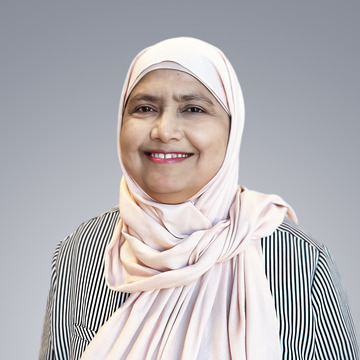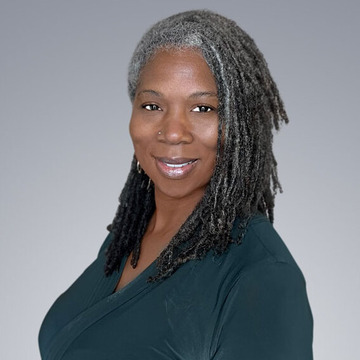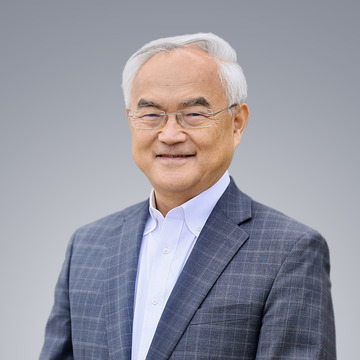Teen & Adolescent Mental Health Treatment Center in Dallas, Texas
BasePoint Academy Offers Individualized, Holistic Mental & Behavioral Health Treatment for Teens.
Teen & Adolescent Mental Health Treatment Center in Dallas, Texas
BasePoint Academy Offers Individualized, Holistic Mental & Behavioral Health Treatment for Teens.

Individualized and Holistic Treatment From A Patient-Focused Team
Integrative Behavioral Health For Our Teens
Our outpatient programs are designed to address each patient’s unique mental health needs and see them through a comprehensive treatment plan that sets them up for present and future success with individualized care and effective treatment.
We fundamentally believe that patient outcomes inform how we operate as an organization.
Mental Health Intensive Outpatient Program (IOP) for Teens in Dallas, Texas
Relapse Prevention
The BasePoint Difference
We believe that providing the highest quality of care possible means utilizing evidence-based clinical and medical models, integrating patient outcomes to make active treatment decisions, and partnering with teens and their families to inform the therapeutic process.
At BPA, we recognize that in our fast-paced and high-pressure world of filtered selfies, constant technology, and social media exposure that it’s difficult for teens to stay focused, fearless, and free.
We understand that navigating the adolescent experience is challenging and, at BPA, we appreciate the teens for who they are and where they find themselves every single day. We utilize the teen’s uniqueness to develop individualized treatment plans to help our patients maneuver through treatment in a goal oriented and focused manner at our Dallas treatment center for teens.
At BasePoint Academy, The BasePoint Difference means giving every patient a voice by empowering them to establish lasting change, equipping them with resiliency building tools, and providing them with a safe space to overcome their mental health challenges.
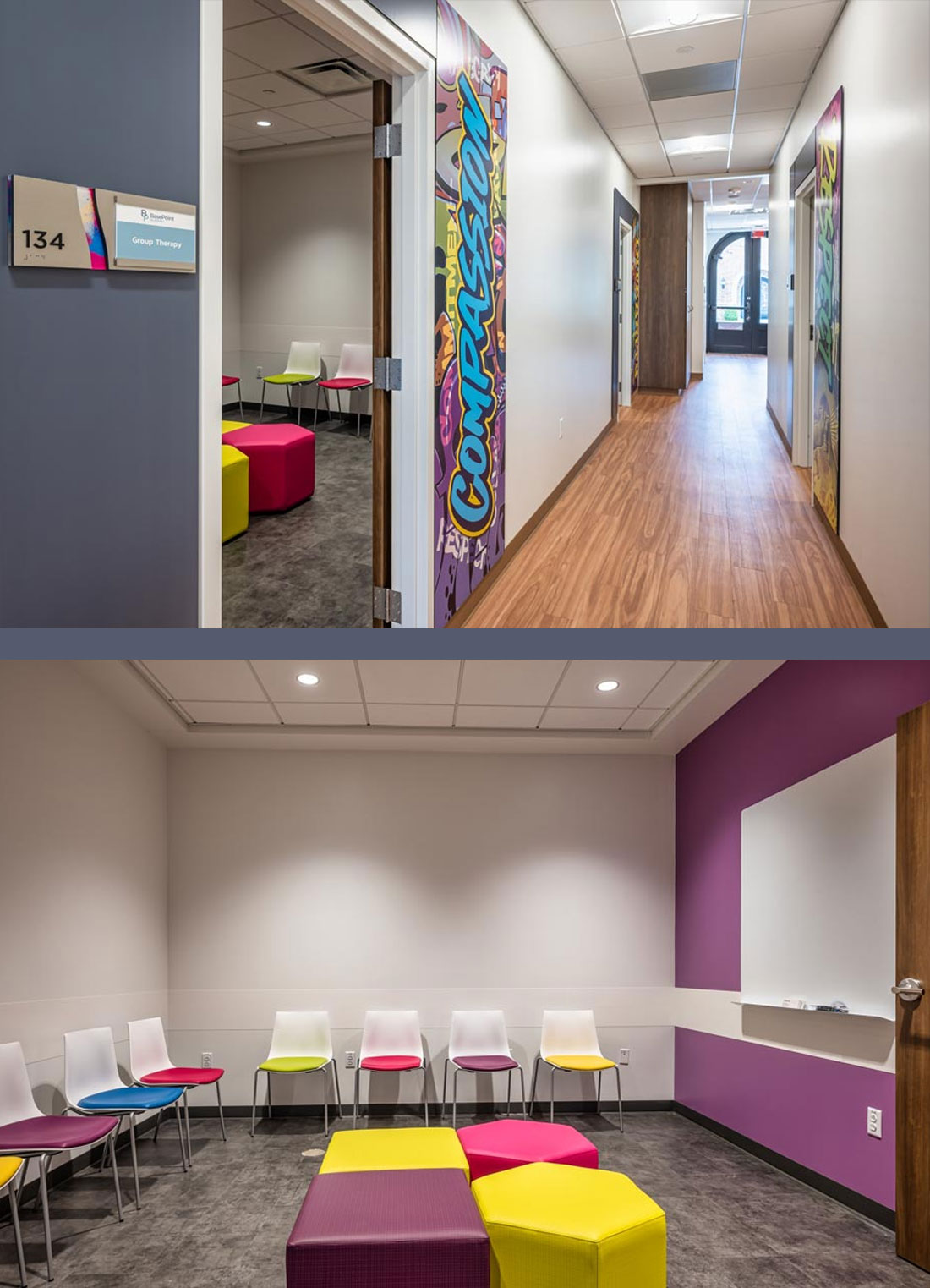
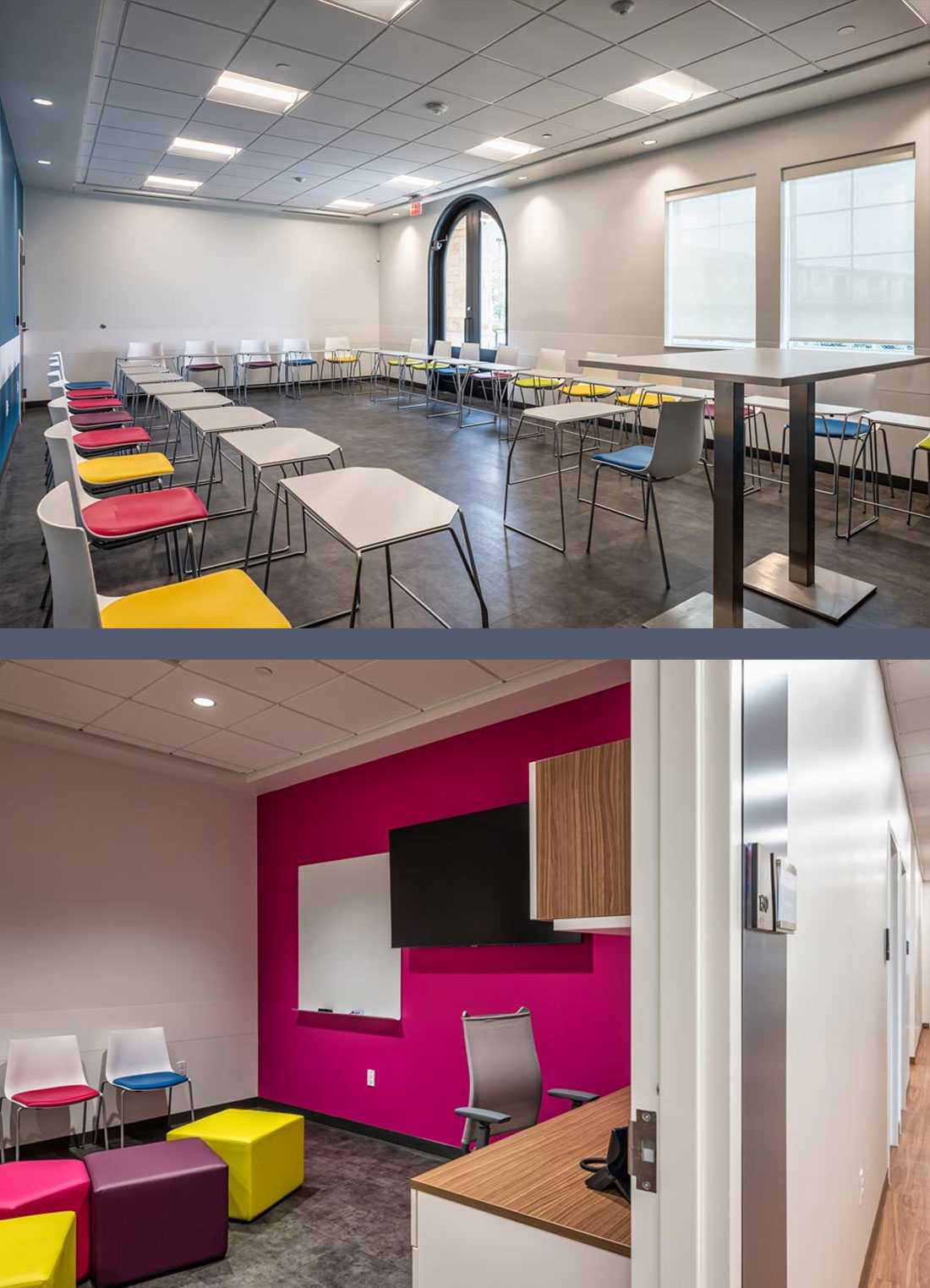
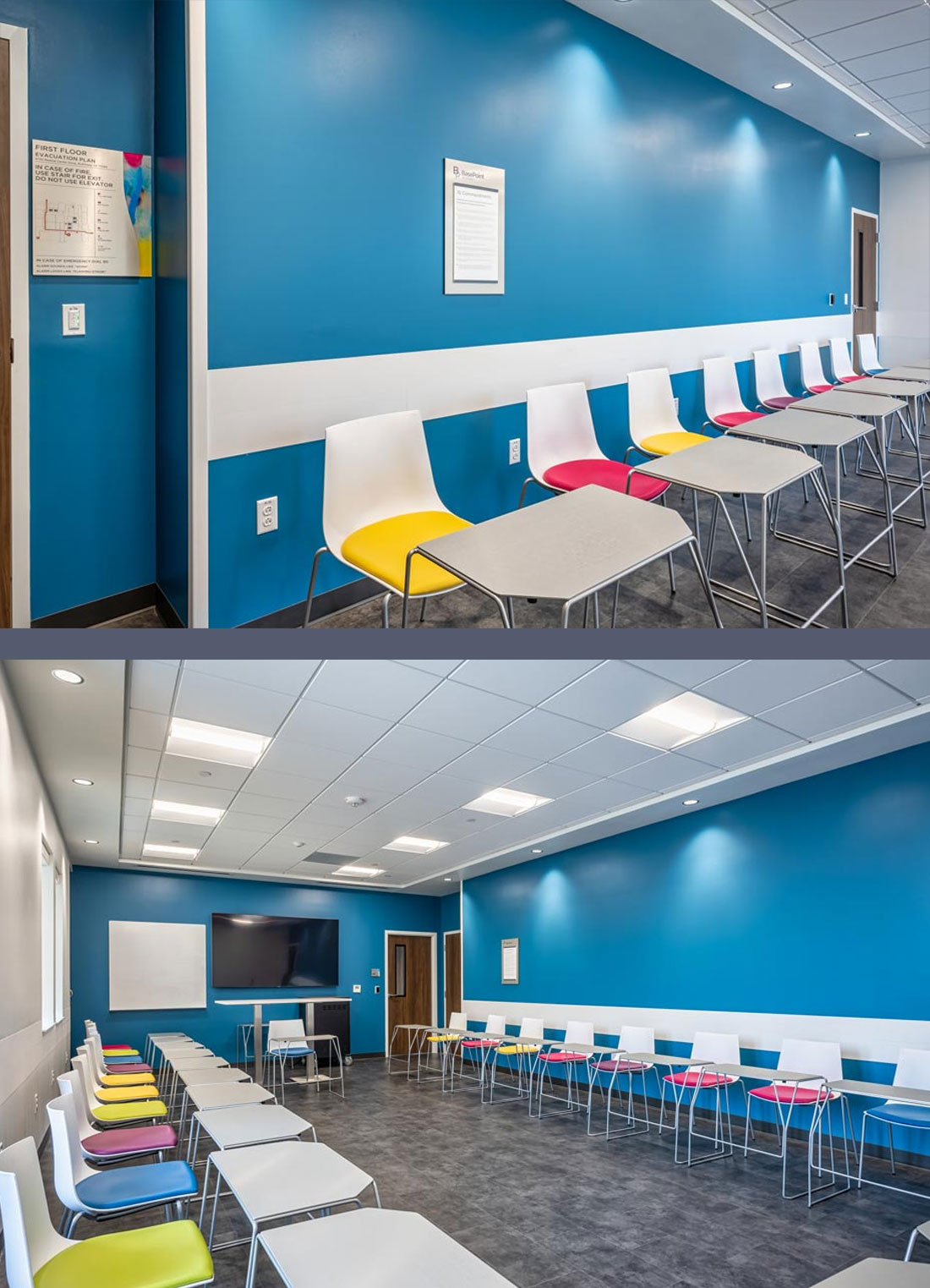
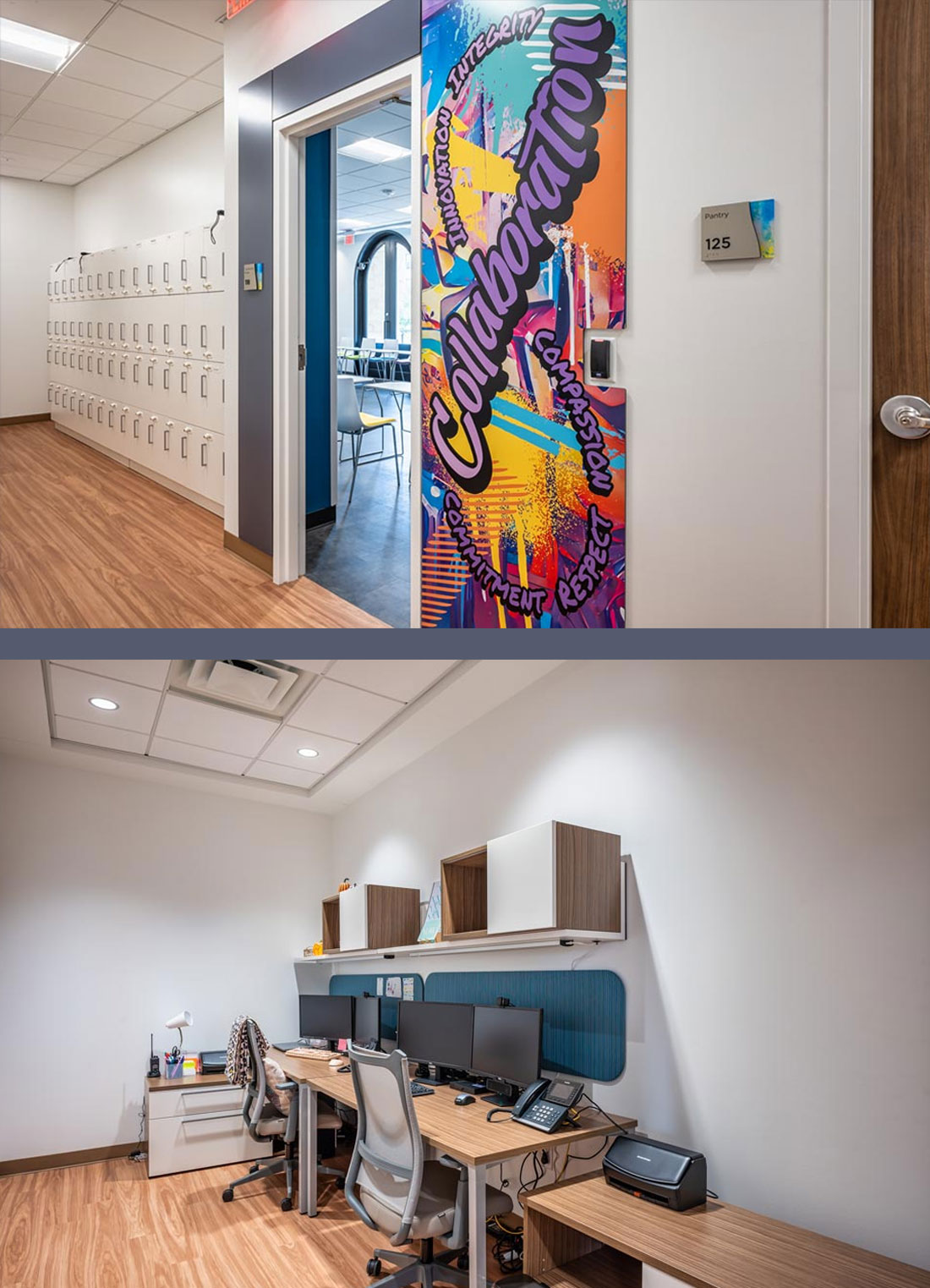
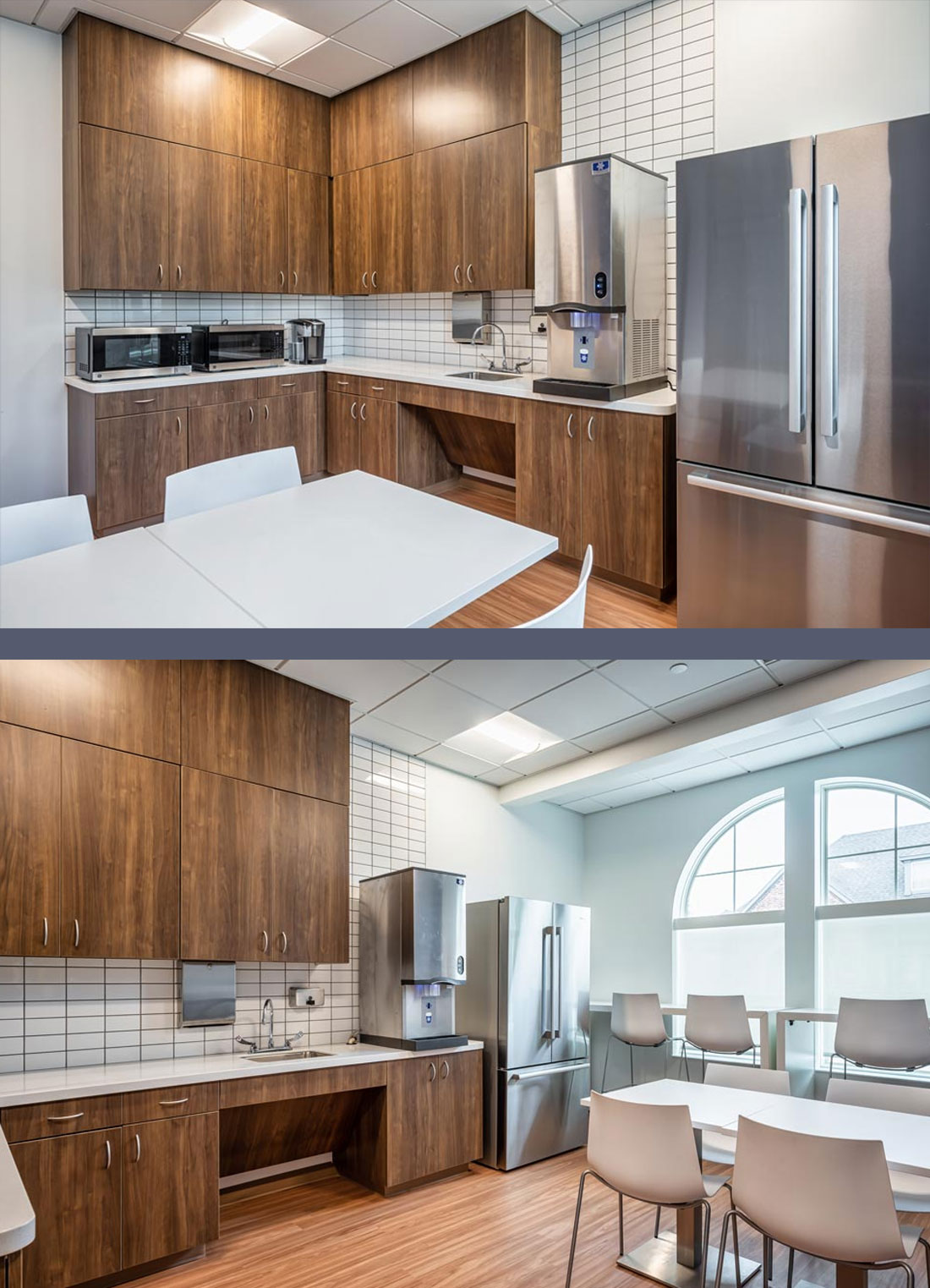
What is the BasePoint Difference?

7am to 7pm CST
7 Days a Week

Full Time Physician
On Site

We Transport
To and From

Therapy Involving
the Whole Family

Family
Owned

Meet Our Doctors
Our doctors bring a wealth of knowledge backed by pertinent field expertise including teenage psychiatry and practical insights into the adolescent experience. Leveraging industry-leading techniques and evidence-based therapies, we’re here to facilitate a safe journey to healing and recovery.
Psychiatry services for BasePoint Academy, LLC clients are generally provided through an arrangement with professionals affiliated with BasePoint Psychiatry, PLLC, a separate medical group.
Therapies Offered At Our Teen & Adolescent Mental Health Treatment Center in Dallas, Texas
BasePoint Academy’s teen & adolescent mental health treatment center in Dallas, Texas offers a unique treatment model that integrates several evidence-based modalities throughout our holistic curriculum.
One of our core tenants is that we believe in treating the whole child. Our programs include a strategically structured curriculum where adolescent behavioral and mental health or Dual Diagnosis patients have access to both field expert providers and peer-to-peer opportunities.
By offering group, family, and individual counseling for teens in Dallas, we believe patients are better equipped and supported to continue in their healing and recovery journey.
Mindfulness/Systems Therapy
Family Therapy
BasePoint’s Promise To Patients and Parents
For teens struggling with behavioral health or a dual diagnosis, our behavioral health treatment center is here to help you heal and recover with dignity and success. Your journey to resiliency and stability starts here.
For those crushed under the weight of too many pressures and expectations, it’s okay to ask for help and allow yourself to heal. For those who feel they’re struggling alone with teenage anxiety, depression disorder, or teen trauma, our hope is that you no longer struggle in isolation and find our support network is well-equipped and highly qualified to ensure the highest level of care, safety, and support.
Our environment is safe. Our path is clear. Our treatment is effective. And together, we can help teens find hope, healing, and lasting change.
Latest Insights on Teen Mental Health in DFW
Stay informed with expert-backed articles on adolescent mental health, early intervention strategies, and navigating care in the Dallas-Fort Worth area. Our blog highlights local trends, clinical perspectives, and practical guidance for families seeking support. Explore new posts weekly to stay connected with the evolving needs of teens across North Texas.
Browse By:
-
Locations
-
Treatments
-
Disorders
-
Insurance
-
Finances
Arlington, Texas
3900 Arlington Highlands Blvd, Suite 237 Arlington, TX 76018 United States
Forney, Texas
713 W Broad St, Suite 200, Forney, TX 75126 United States
Frisco, Texas
8275 Judges Way, Suite 100i, Frisco, TX 75036
Mckinney, Texas
4733 Medical Center Drive, Mckinney, TX 75069 United States







